Companion Plants That Will Make Your Asparagus Crop
Companion Plants That Will Make Your Asparagus Crop
Asparagus is a delicious and versatile vegetable that can be enjoyed in many different ways. It is also a relatively easy plant to grow, but there are a few things you can do to help ensure a successful harvest. One of these things is to plant companion plants alongside your asparagus.
Companion planting is the practice of planting certain plants together in order to benefit each other. Some plants can help to deter pests, attract beneficial insects, or improve the soil quality. When choosing companion plants for asparagus, there are a few things to keep in mind.
First, asparagus needs full sun and well-drained soil. It is also a deep-rooted plant, so you will need to give it plenty of space to grow. Some good companion plants for asparagus include:
- Nightshades: Tomatoes, eggplants, and peppers are all good companion plants for asparagus. They emit a chemical called solanine, which repels asparagus beetles. Asparagus, in turn, helps to protect nightshade plants from nematodes.
- Herbs: Basil, parsley, and dill are all excellent companion plants for asparagus. They help to attract beneficial insects, such as ladybugs and hoverflies, which prey on pests. They also help to improve the soil quality.
- Flowers: Marigolds, nasturtiums, and asters are all good companion plants for asparagus. They help to deter pests and attract beneficial insects. They also add beauty to your garden.
Avoid Planting These Plants Next to Asparagus
There are a few plants that you should avoid planting next to asparagus. These include:
- Melons: Melons compete with asparagus for water and nutrients.
- Cabbage family: Plants in the cabbage family, such as broccoli, cauliflower, and Brussels sprouts, can attract asparagus rust.
- Potatoes: Potatoes can transmit a disease called verticillium wilt to asparagus.
How to Plant Companion Plants with Asparagus
When planting companion plants with asparagus, it is important to consider the size of the plants. Asparagus can grow quite tall, so you will need to plant shorter companion plants underneath it. For example, you could plant basil, parsley, or dill underneath your asparagus spears. You could also plant marigolds, nasturtiums, or asters around the perimeter of your asparagus bed.
It is also important to plant companion plants at the same time as your asparagus. This will help to ensure that they both have a chance to establish themselves before the growing season gets underway.
Conclusion
By planting companion plants alongside your asparagus, you can help to ensure a successful harvest. Companion plants can help to deter pests, attract beneficial insects, and improve the soil quality. When choosing companion plants for asparagus, it is important to consider the size of the plants and to plant them at the same time as your asparagus. By following these tips, you can grow a healthy and abundant crop of asparagus.
Asparagus is a delicious and versatile vegetable that can be enjoyed in a variety of dishes. But did you know that there are certain plants that can help asparagus grow better? These are called companion plants, and they can provide a number of benefits to asparagus, such as:
- Attracting pollinators: Companion plants can attract pollinators, such as bees and butterflies, which help to pollinate the asparagus flowers. This leads to a better harvest of asparagus spears.
- Distracting pests: Some companion plants can also help to distract pests from asparagus. For example, marigolds are known to repel asparagus beetles, while tomatoes emit a chemical that asparagus beetles find unpleasant.
- Improving soil quality: Companion plants can also help to improve the soil quality around asparagus plants. For example, comfrey is a nitrogen-fixing plant that can add nitrogen to the soil, which asparagus needs to thrive.
If you're looking to grow healthy and productive asparagus plants, companion planting is a great way to go. To learn more about which companion plants are best for asparagus, visit Garden Wiki.
FAQ of good companion plants for asparagus
Here are 5 of the most frequently asked questions about good companion plants for asparagus, along with valuable insights and solutions:
Q: What are some good companion plants for asparagus?
A: Asparagus is a relatively easy-to-grow vegetable, but it can benefit from having some companion plants nearby. Some of the best companion plants for asparagus include:
- Basil: Basil is a fragrant herb that can help to repel asparagus beetles, a common pest of asparagus.
- Parsley: Parsley is another fragrant herb that can help to repel asparagus beetles. It also helps to improve the flavor of asparagus.
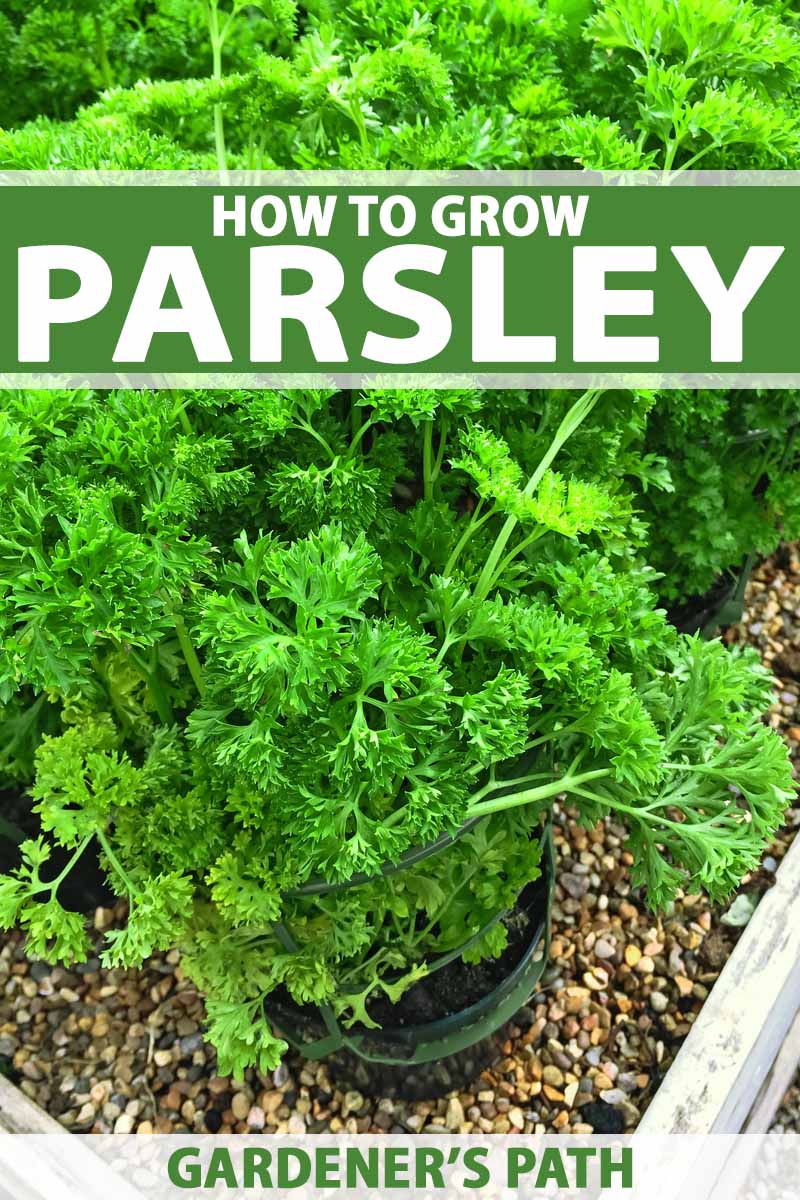
- Nasturtiums: Nasturtiums are colorful flowers that can help to attract beneficial insects, such as ladybugs, which can help to control asparagus beetle populations.

- Tomatoes: Tomatoes are another good companion plant for asparagus. They release a chemical called solanine that helps to repel asparagus beetles.
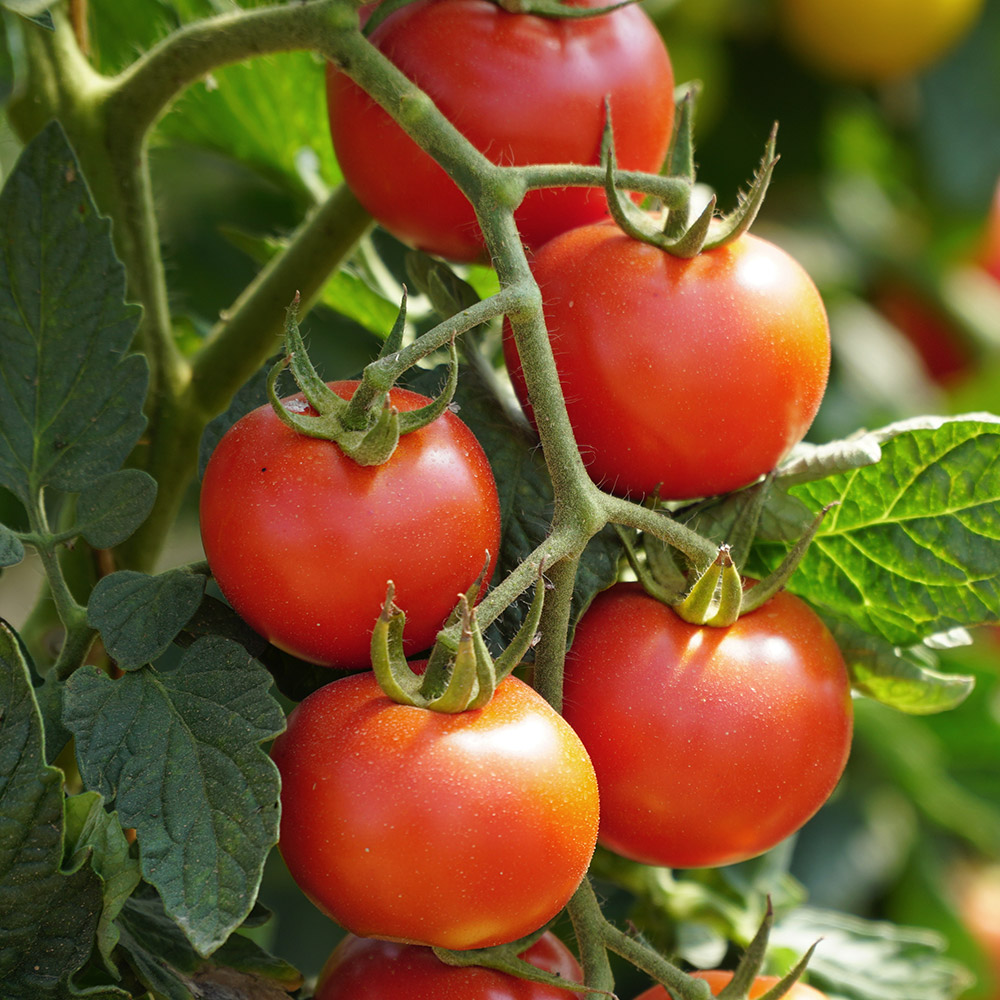
- Dill: Dill is a herb that can help to improve the flavor of asparagus. It also helps to attract beneficial insects, such as hoverflies, which can help to control aphid populations.
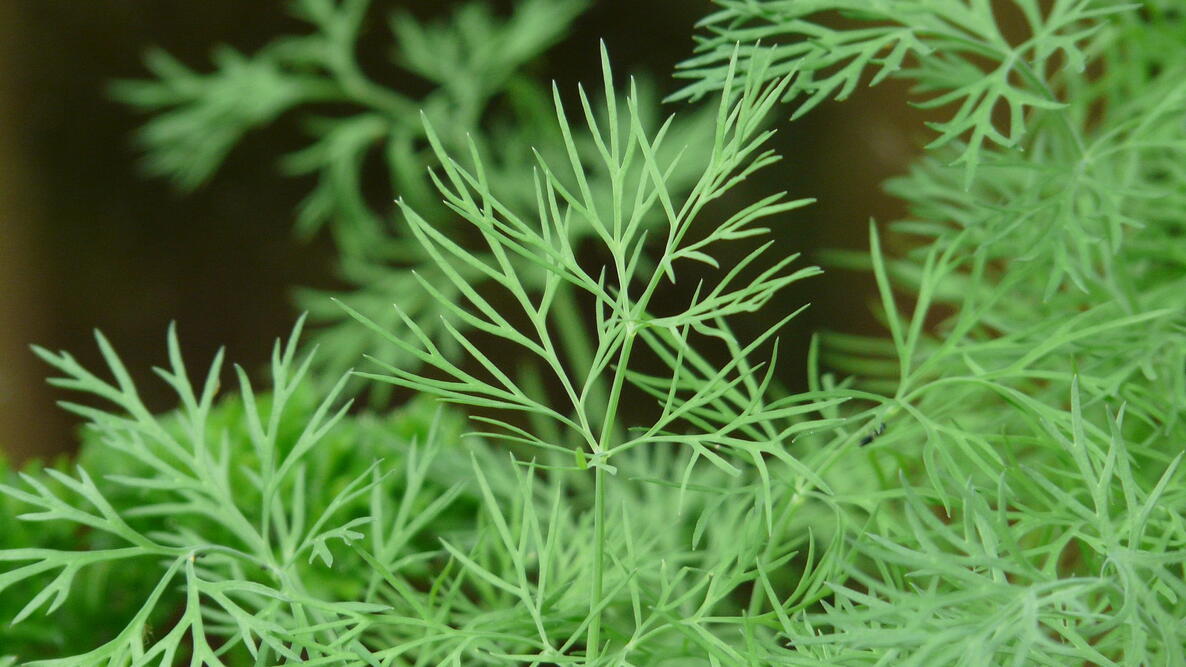
Q: What are some plants that I should avoid planting near asparagus?
A: There are a few plants that you should avoid planting near asparagus, as they can compete with asparagus for nutrients and water. These plants include:
- Cabbage: Cabbage is a heavy feeder and can compete with asparagus for nutrients.
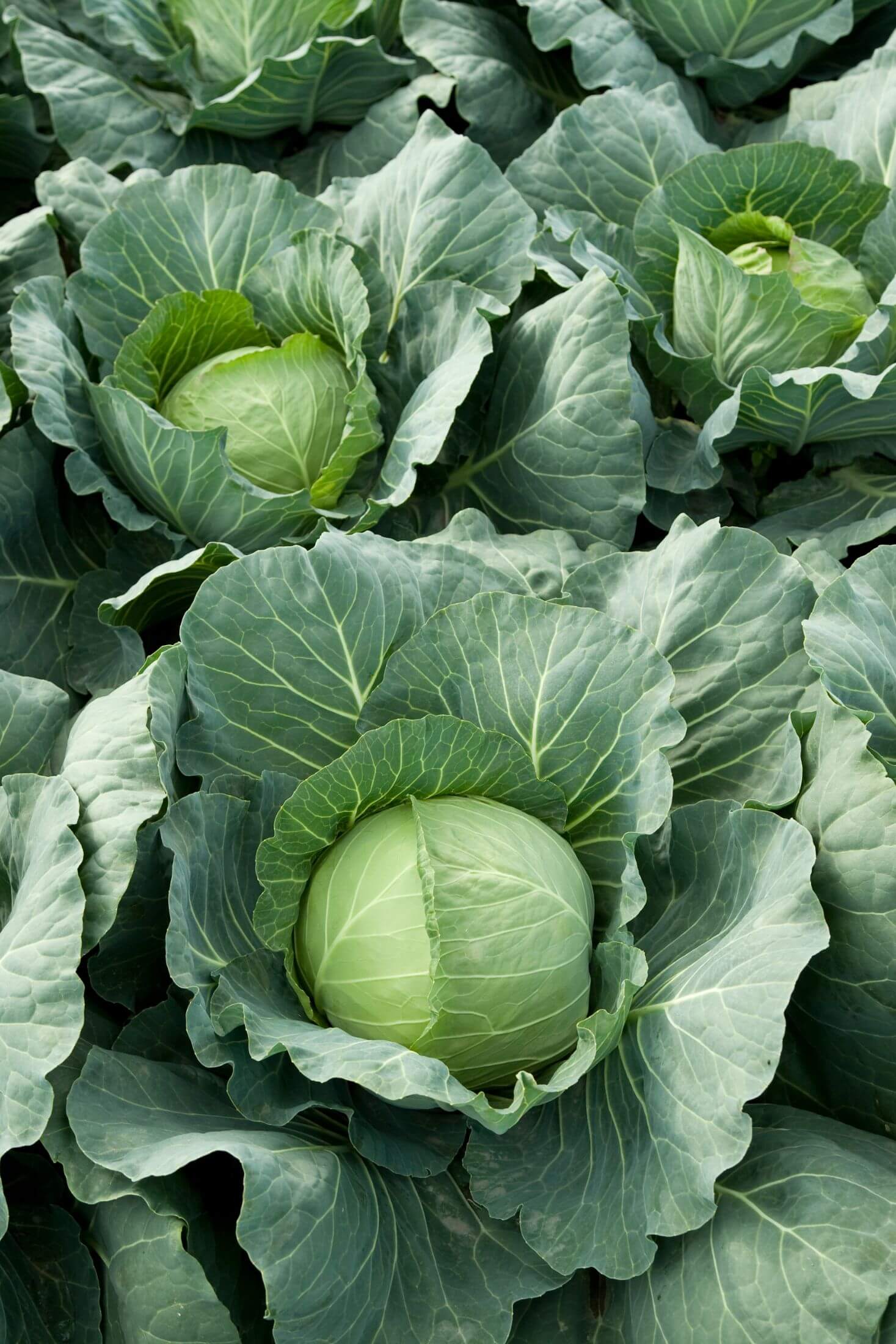
- Potatoes: Potatoes are also heavy feeders and can compete with asparagus for nutrients.
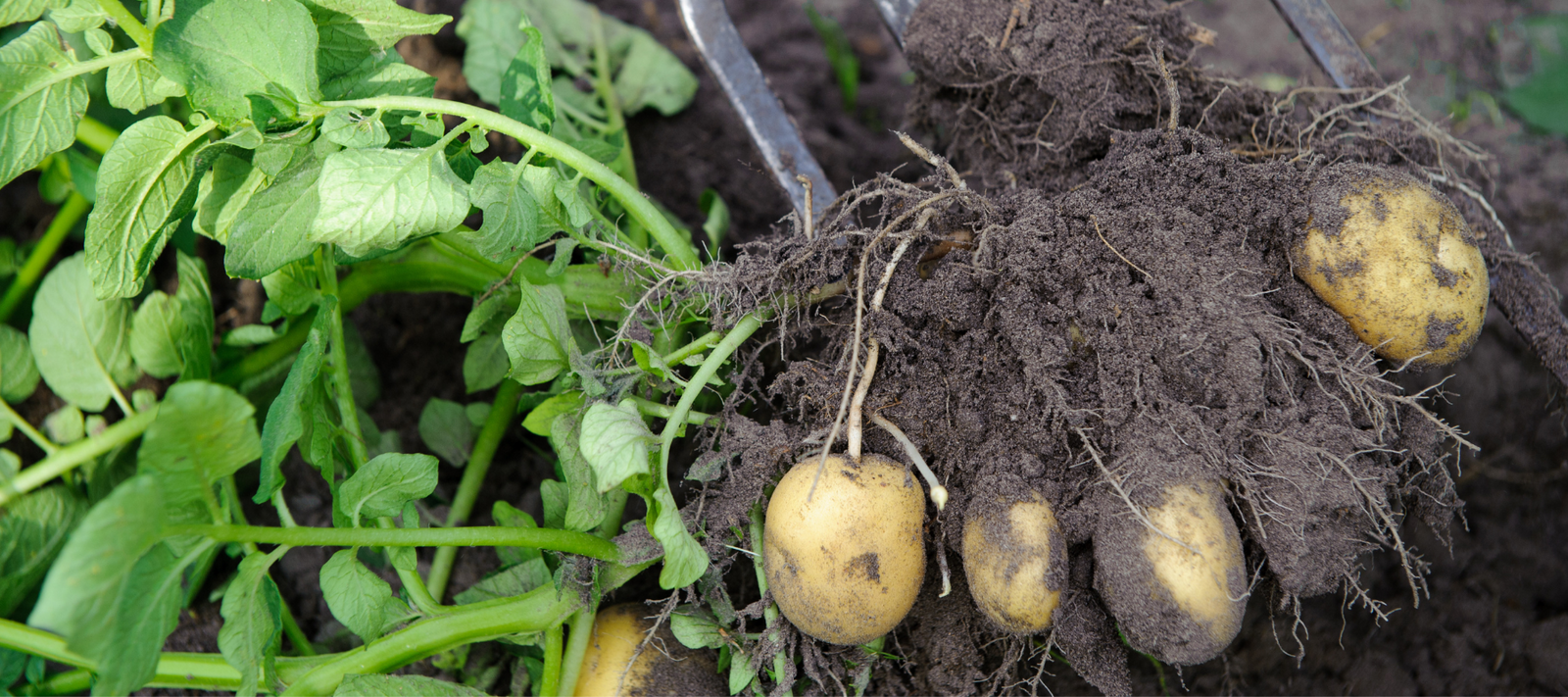
- Carrots: Carrots have a long taproot that can interfere with the growth of asparagus roots.
- Rhubarb: Rhubarb is a member of the same family as asparagus and can compete with asparagus for nutrients.
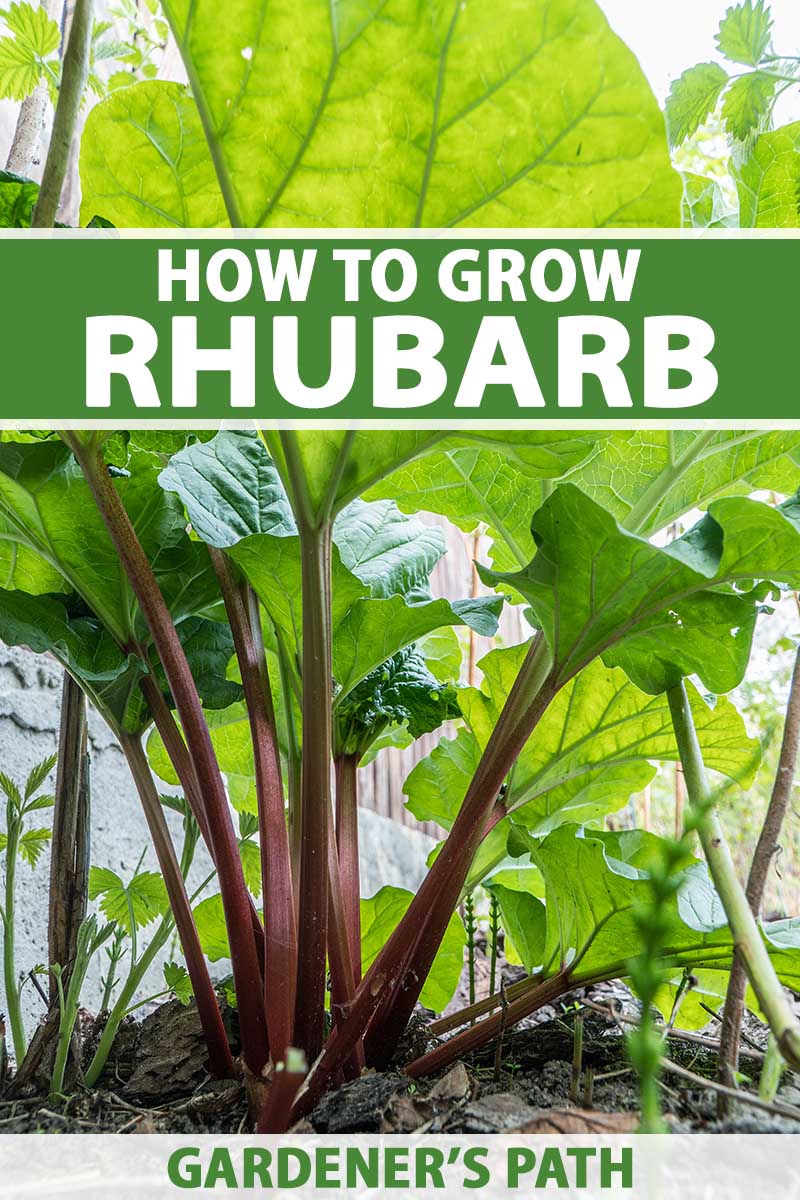
- Onions: Onions can release chemicals that can stunt the growth of asparagus.
Q: What are the benefits of companion planting with asparagus?
A: There are several benefits to companion planting with asparagus. Companion plants can help to:
- Attract beneficial insects: Beneficial insects, such as ladybugs and hoverflies, can help to control pests that can damage asparagus. Companion plants that attract beneficial insects include nasturtiums, dill, and yarrow.

- Repel pests: Companion plants that release chemicals that repel pests, such as basil, parsley, and tomatoes, can help to protect asparagus from damage.
- Improve soil quality: Companion plants that add nutrients to the soil, such as comfrey and clover, can help to improve the growth and health of asparagus.
- Provide shade: Asparagus can benefit from some shade during the hottest parts of the day. Companion plants that can provide shade include lettuce, spinach, and broccoli.
Q: When should I plant companion plants with asparagus?
A: You can plant companion plants with asparagus at the same time as you plant asparagus, or you can plant them later in the season. If you plant companion plants at the same time as asparagus, make sure to space them out so that they have enough room to grow. If you plant companion plants later in the season, make sure to choose plants that will not compete with asparagus for water and nutrients.
Image of good companion plants for asparagus
- Nasturtiums: Nasturtiums are a member of the Aster family and are known to repel asparagus beetles. They also add a splash of color to the asparagus bed.

- Marigolds: Marigolds are another member of the Aster family that are effective at deterring asparagus beetles. They also help to improve the soil quality around the asparagus plants.
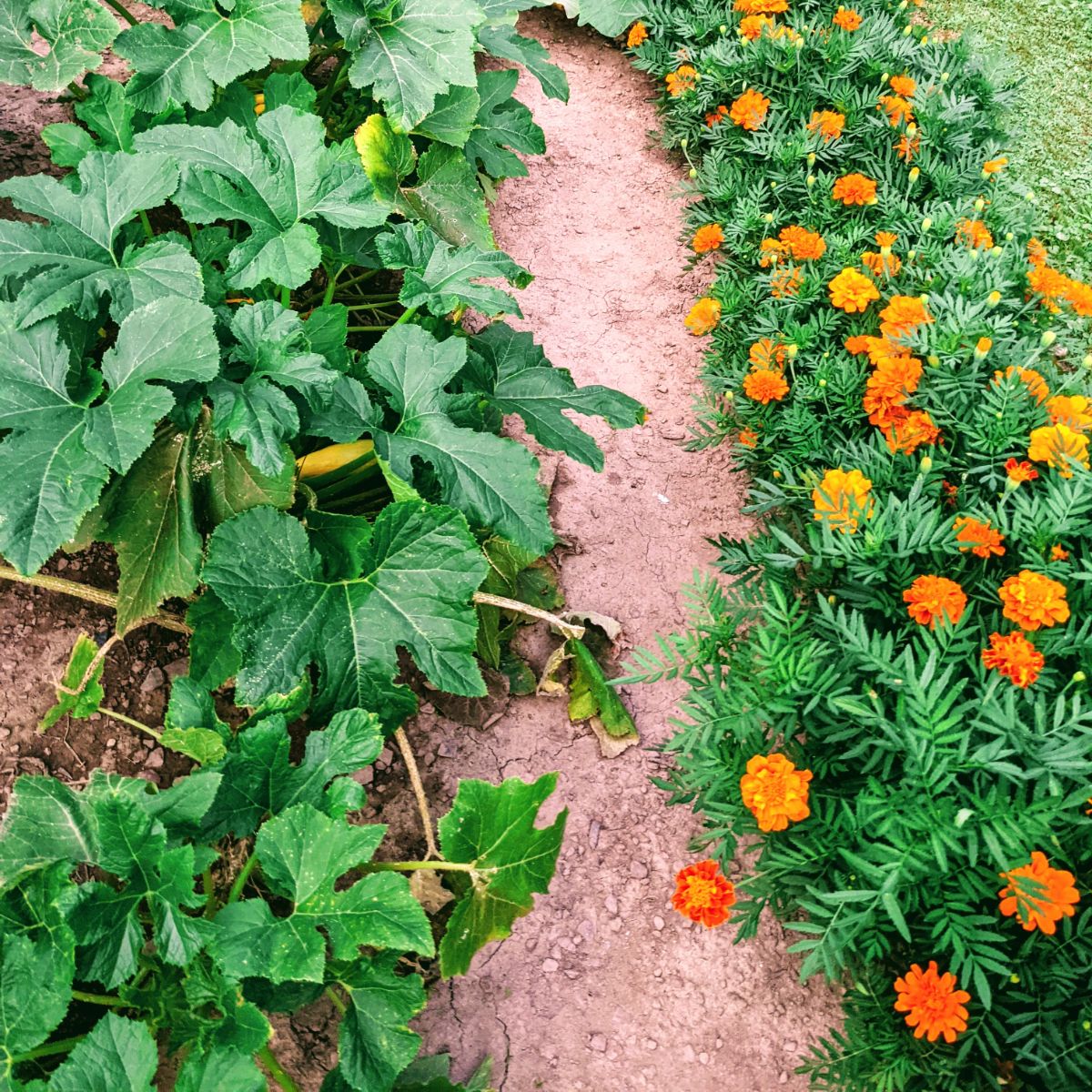
- Basil: Basil is a fragrant herb that can help to repel asparagus moths. It also adds a delicious flavor to asparagus dishes.
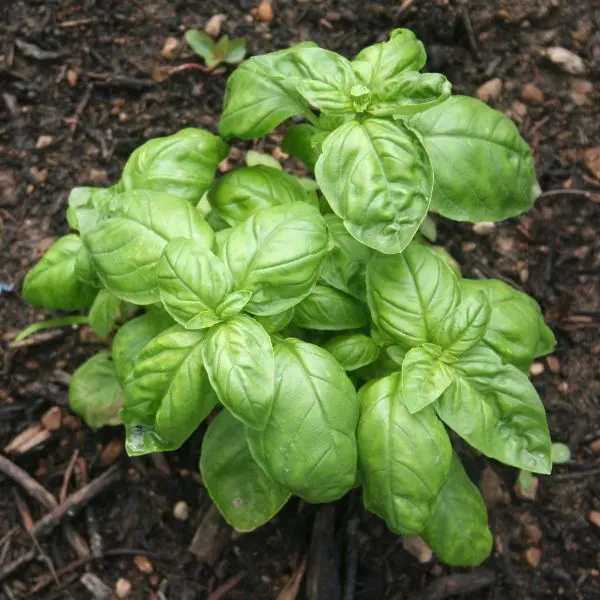
- Parsley: Parsley is a good companion plant for asparagus because it helps to improve the soil quality and repels asparagus beetles. It also adds a fresh flavor to asparagus dishes.
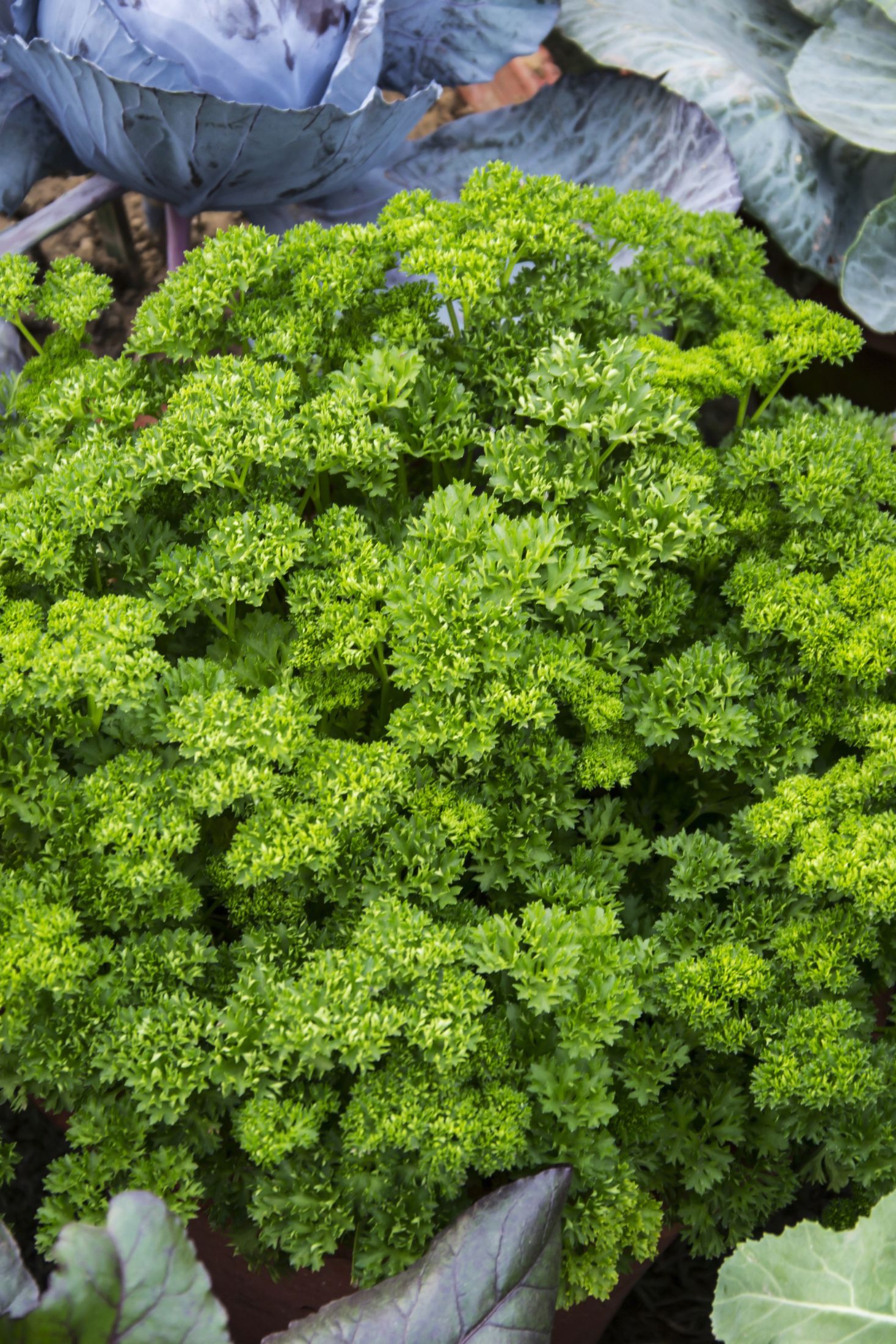
- Coriander: Coriander is a herb that can help to deter asparagus beetles and improve the soil quality around asparagus plants. It also adds a unique flavor to asparagus dishes.
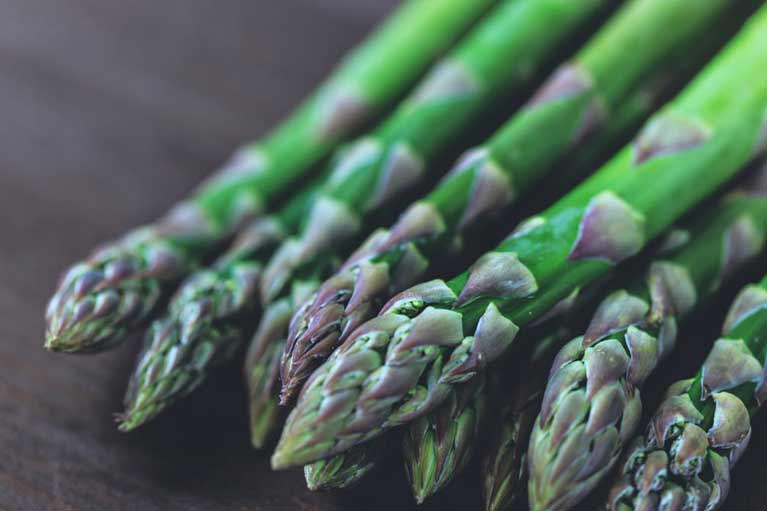
Post a Comment for " Companion Plants That Will Make Your Asparagus Crop"